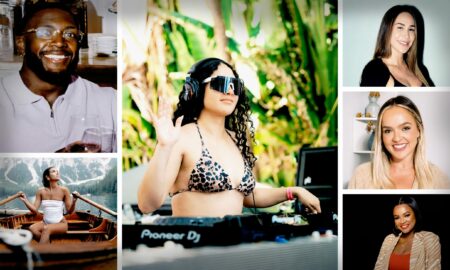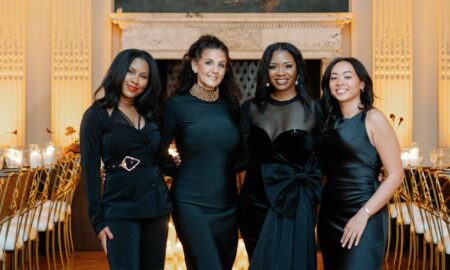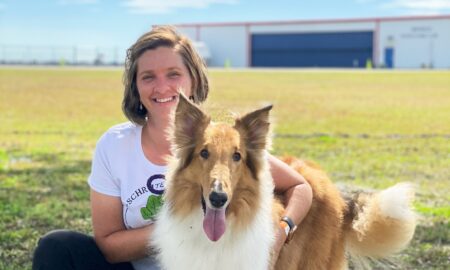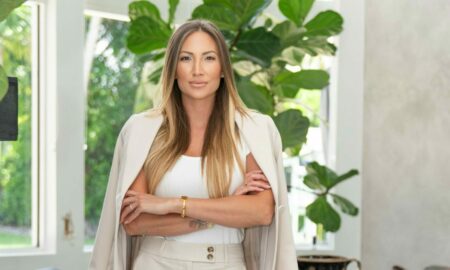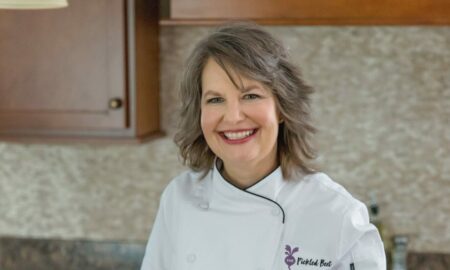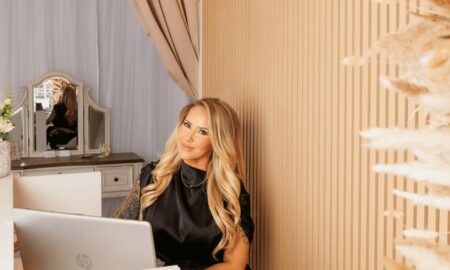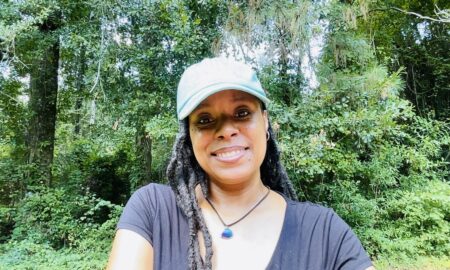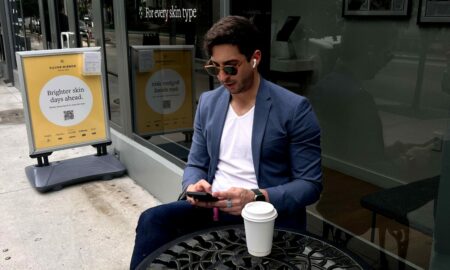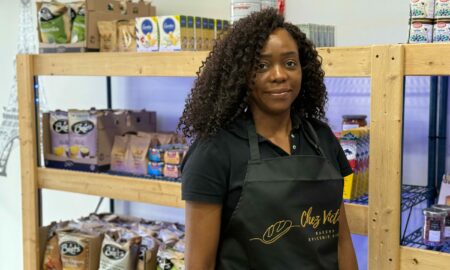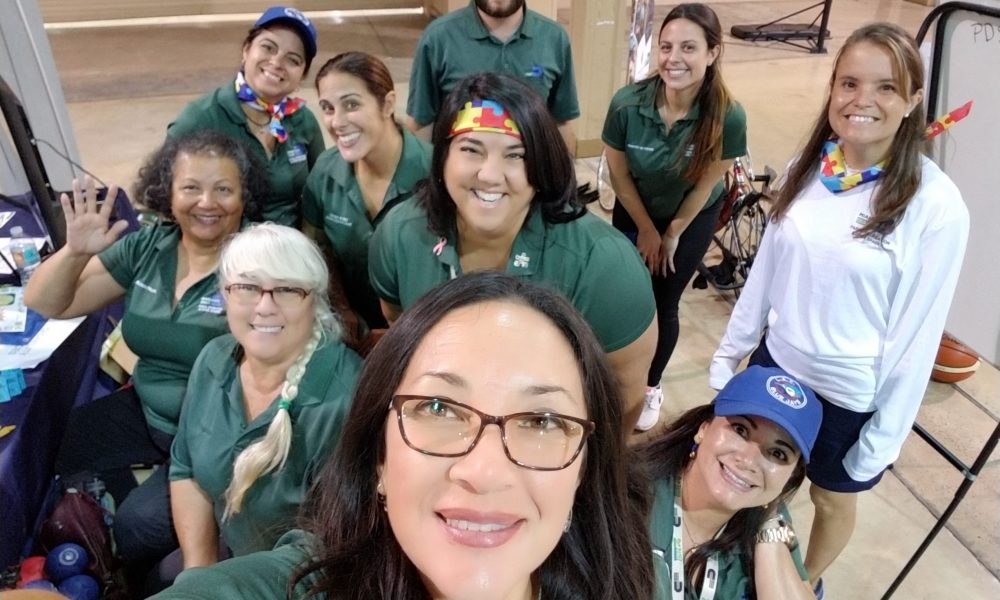

Today we’d like to introduce you to Jody Cox.
Jody, can you briefly walk us through your story – how you started and how you got to where you are today.
Ever since I was in college, I knew that I wanted to work with people, particularly those who had disabilities. After graduation from F.I.U. in 1995 with a degree in Therapeutic Recreation, I worked ten years in a physical rehabilitation hospital with individuals who had spinal cord injuries and brain injuries. As a recreational therapist, my job was to re-teach them skills so that they could get back into the community and pursue their leisure and recreation interests. Because the patients I worked with were only at the hospital for a brief time and still in the acute phase of their rehabilitative process, I was not able to really provide them with the experience of participating in various adapted sports and activities because they just weren’t ready physically or mentally. I was only able to show them examples through pictures, videos, or have other athletes and individuals living with physical disabilities come out and talk to them. Although there were some options out there, there weren’t many programs and nobody really knew about what existed in the community that they could participate in.
In 2004, I decided to leave my job working in a clinical setting and went to work for Miami-Dade Parks, Recreation and Open Spaces (MDPROS) Therapeutic Recreation and Inclusion as a recreational therapist. I made the decision to go within a parks system because I really wanted to get involved in adapted sports as well as be able to work in a variety of environments and with a variety of disability populations. It was a bit of a risk going into a different type of setting and I had no idea what to expect but I was optimistic about all of the possibilities and I am a person that believes that you sometimes have to take some risk in order to achieve greatness.
I have been very blessed because the supervisors I have had have allowed me to pursue developing new and innovative programs for our division and have given me the freedom to create new opportunities for the community and expand our programming opportunities to the disabled community. Since coming to work for MDPROS, I have been responsible for bringing our department on a Paralympic Sport Club and funding additional adapted sports programs through grant funding. We have grown our adapted sports programs for individuals with physical and visual disabilities from wheelchair basketball, wheelchair tennis and goalball, to include archery, boccia, hand cycling, wheelchair slalom, trap shooting, snorkeling, fishing, adaptive water skiing, kayaking, kiteboarding, wheelchair softball, sailing, beep baseball, and camping.
I can’t take all of the credit because none of this would have happened without the support of the team I work with who have helped carry that vision and have jumped on board to help make things happen. They have all been inspired to provide the community with great programs. We serve just about every disability population group including children and adults with intellectual disabilities and autism, children and adults with physical and visual disabilities, individuals who are deaf, and disabled veterans.
It has never been an easy job and there is a lot that goes on behind the scenes to develop and sustain great programs. There are disappointments and sometimes even heartache but it is a very rewarding job because I know that I have given a person an opportunity to either learn a new skill or participate in an activity or experience that will enhance their quality of life and increase their independence.
Great, so let’s dig a little deeper into the story – has it been an easy path overall and if not, what were the challenges you’ve had to overcome?
Getting to the point where I am now has never been a smooth road. I’ve had always said that being a recreational therapist is like a fish swimming upstream. Whether in a clinical setting where we have to justify what we do and why we do it to other allied health professionals and more importantly to insurance companies who often do not reimburse for recreation therapy, or advocating for the needs of individuals with disabilities within the community for programs and services, I have found that being able to articulate the importance of what we do and how it impacts the lives of others is so important.
Sometimes, I have had to deal with the struggle of not being able to secure all the funding needed to keep programs going because let’s face it. These programs can be expensive. It takes people with unique skills and an understanding of the disabling conditions we work with to effectively and safely lead these programs. A large percentage of people living with disabilities that we serve do not work and would not be able to afford these programs or the equipment if funding was not available to help cover the cost of programs.
People’s perception is a huge factor when it comes to getting individuals with disabilities involved in programs and sports. With parents, I have to spend a lot of time educating them about all the possibilities and opportunities that exist for their child. A lot of parents are fearful and unsure that their child would be able to do the things I tell them they could do. I have to build trust with them and reassure them that it is okay to let go a bit and let their child try these new experiences. Who knows, maybe their child will be able to go to college, or drive, or even become the next Paralympian. With adults, particularly those whose disability is more recently onset, it’s about educating them on what’s out there and reassuring them that they can get back to doing some of the things they enjoyed before they acquired their disability.
By far, the biggest challenge I have faced is how to get the people out to programs. Transportation is a big issue facing so many of the people I have worked with or served. Cost can become a big factor for many and the public para-transit service, though widely available, can become very frustrating to use because of wait times and long rides. People have to travel to get out to programs and many don’t leave nearby, so travel is a must and can become a deterrer if the use of transit services is necessary to access programs.
Please tell us about Miami-Dade Parks Therapeutic Recreation and Inclusion.
Miami-Dade Parks, Recreation and Open Spaces is the third-largest parks and recreation department in the country. The Therapeutic Recreation and Inclusion division provides specialized programming for individuals with disabilities including out-of-school programs for children with disabilities, adult day training programs for adults with intellectual disabilities, specialized adapted sports and swimming programs for children and adults with intellectual, physical, and visual disabilities, and unique specialized programming for Disabled Veterans. All programs are supervised by certified recreational therapists and programs are dispersed throughout Miami-Dade County. In addition, to provide unique recreation programs for individuals with disabilities, the division also assists typical park programs with the inclusion of individuals with disabilities and ensures that public events held throughout Miami-Dade Parks are in compliance with ADA guidelines.
What moment in your career do you look back most fondly on?
There have been so many proud moments in my career. I have been proud about some of the things I have been able to achieve, grants that I have been able to get, awards and recognition our division has received, but none of them can compare to seeing the achievements of some of the participants in the programs I have worked.
Personally, I always tell others about one of our former wheelchair basketball players, Carlos Ocasio (used with permission). I first came to know Carlos when he was 17 years old and had recently become paralyzed. He was one of my patients when I worked at the rehabilitation hospital. As a patient, I introduced him to wheelchair sports but didn’t have the resources to teach him. At that time, he was still a bit fearful and apprehensive to try anything but agreed to try water skiing if I went with him, so I did. That was the big hurdle he needed to get over to give him the confidence to try other sports. Eventually, he got involved with wheelchair tennis and ended up playing wheelchair basketball with Miami-Dade Parks’ wheelchair basketball team, the Miami Heat Wheels. Today, Carlos has become a world-class para-athlete and plays for the Puerto Rican National Wheelchair Basketball Team and has had the opportunity to compete in his sport worldwide. It has been an awesome experience to see someone’s life transformed and come full circle, knowing that I had a small part of that.
Contact Info:
- Address: 11350 SW 216 St.
Miami, FL 33170 - Website: www.miamidade.gov/parks
- Phone: 305-234-1673
- Email: jody.cox@miamidade.gov
- Instagram: #miamidadeparks
- Facebook: https://www.facebook.com/miamidadeparks








Suggest a story: VoyageMIA is built on recommendations from the community; it’s how we uncover hidden gems, so if you or someone you know deserves recognition please let us know here.

